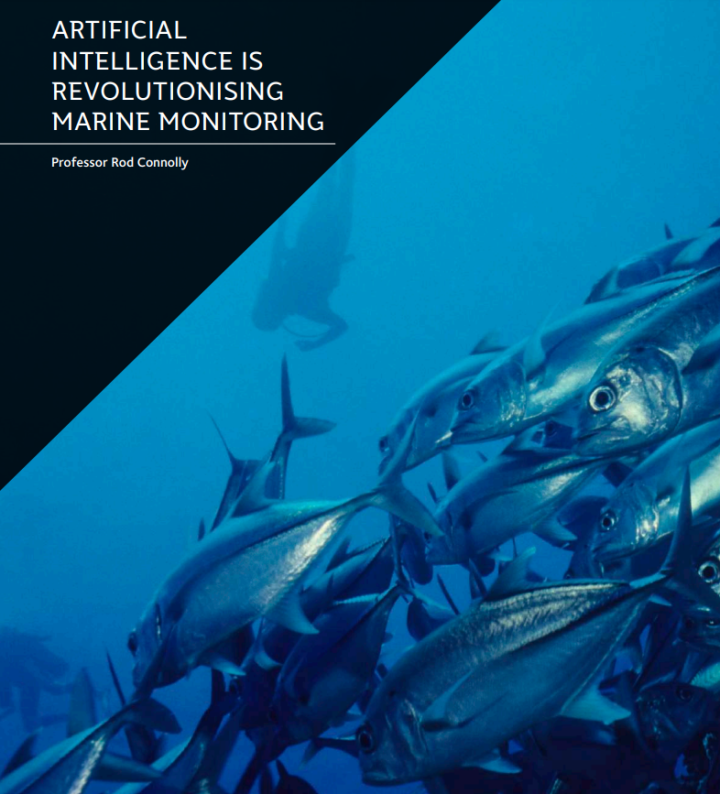
"What an exciting time to be a marine scientist! Artificial intelligence (AI) is revolutionising the way we monitor coastal seas."
Stories of science from the Australian Rivers Institute

"They have supported me throughout my PhD, through all the failures and successes, and I wouldn’t have made it through without them. They both provided me with guidance but also allowed me to follow through with my own ideas, even if they were possibly doomed from the beginning... All in all, I really lucked out with my supervisory team!"

By PhD candidate Ellen Ditria, Reading Time: 452 words, about 2 minutes. Fish IDing Sample. Photo: Global Wetlands Project. Deep learning has fast become recognised as a powerful data processing tool for ecologists faced with vast amounts of image-based data. The ability of deep learning to accurately detect target species in videos and images unlocks [...]

By PhD Candidate Tessa Page, Read Time: 404 words about 3 minutes. Our new research has revealed adults from one species of reef building coralline algae may be somewhat resilient to the degree of change oceans are predicted to endure by year 2100. As humans continue to emit CO2 into the atmosphere at an unprecedented rate, major changes are occurring in our oceans, [...]

By Melanie Roberts and Fernanda Adame Article Read Time: 524 words about 3 minutes. The 2019 Great Barrier Reef Outlook Report from the Australian Government Great Barrier Reef Marine Park Authority identifies the risk of nutrient runoff from catchments for the reef as Very High, the same rating as the 2014 and 2009 reports. --- This [...]

Australian Rivers Institute Director, Stuart Bunn. We welcome you back to another edition of the Australian RiversInstitute (ARI) Magazine. (Link). Over the past few months our staff have been active in strengthening research partnerships and establishing new connections across the globe. The importance of connections, not only with fellow researchers, industry and government but also [...]

By PhD student Yota Harada Climate driven mass die-back is causing significant changes in mangrove ecosystems. Numerous marine species, including crabs, prawns and fish, rely on mangroves for nurseries, refuges and food. Mangrove forests support global fisheries and the livelihood's of people, but large-scale mortality of mangroves is anticipated due to climate change and associated [...]

Sediment plume washing over The Great Barrier Reef, 2019. Photo Credit: Matt Curnock. By Dr Melanie Roberts Read Time: 1000 words about 6 mins. Climate change and poor water quality are placing unprecedented pressures on the reef, and it is imperative that these stressors are eased to provide the reef with an opportunity to recover. [...]

By Dr Ryan Pearson Techniques for tracking marine animals and objects have long been evolving; gaining in accuracy and reliability. However, most techniques rely on accessing an animal prior to tracking and few techniques are capable of retracing historical movements. Along with conservation efforts for threatened species, marine tragedies (where vehicles disappear in the ocean) [...]